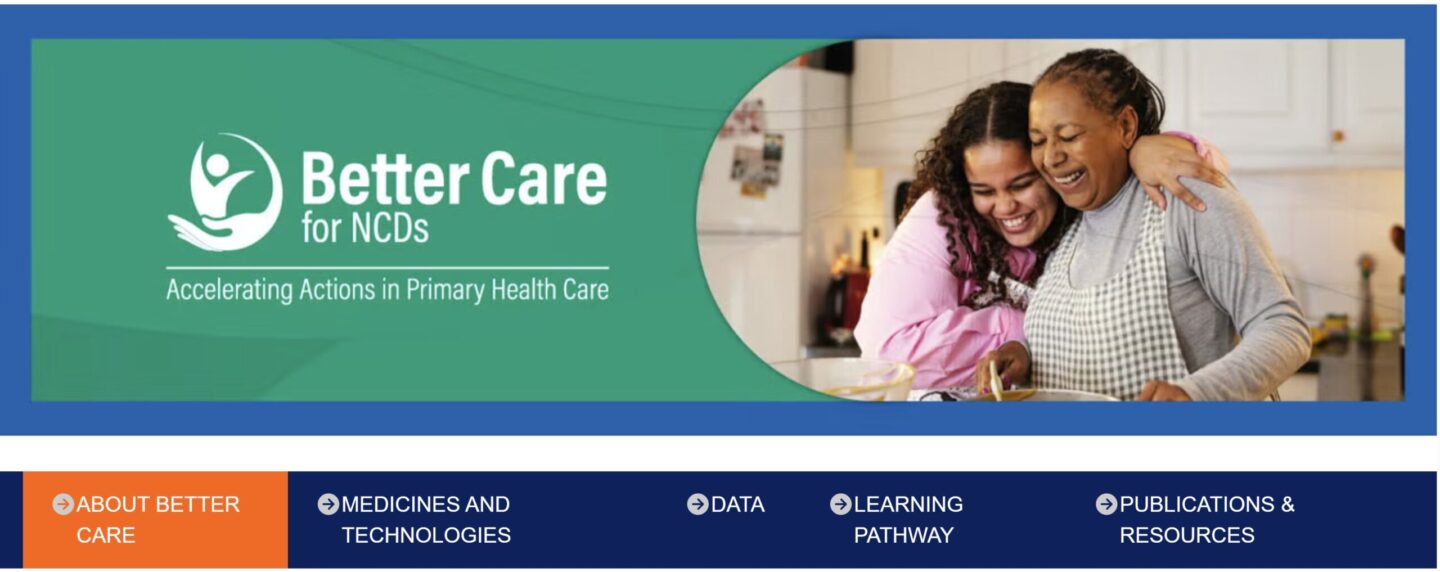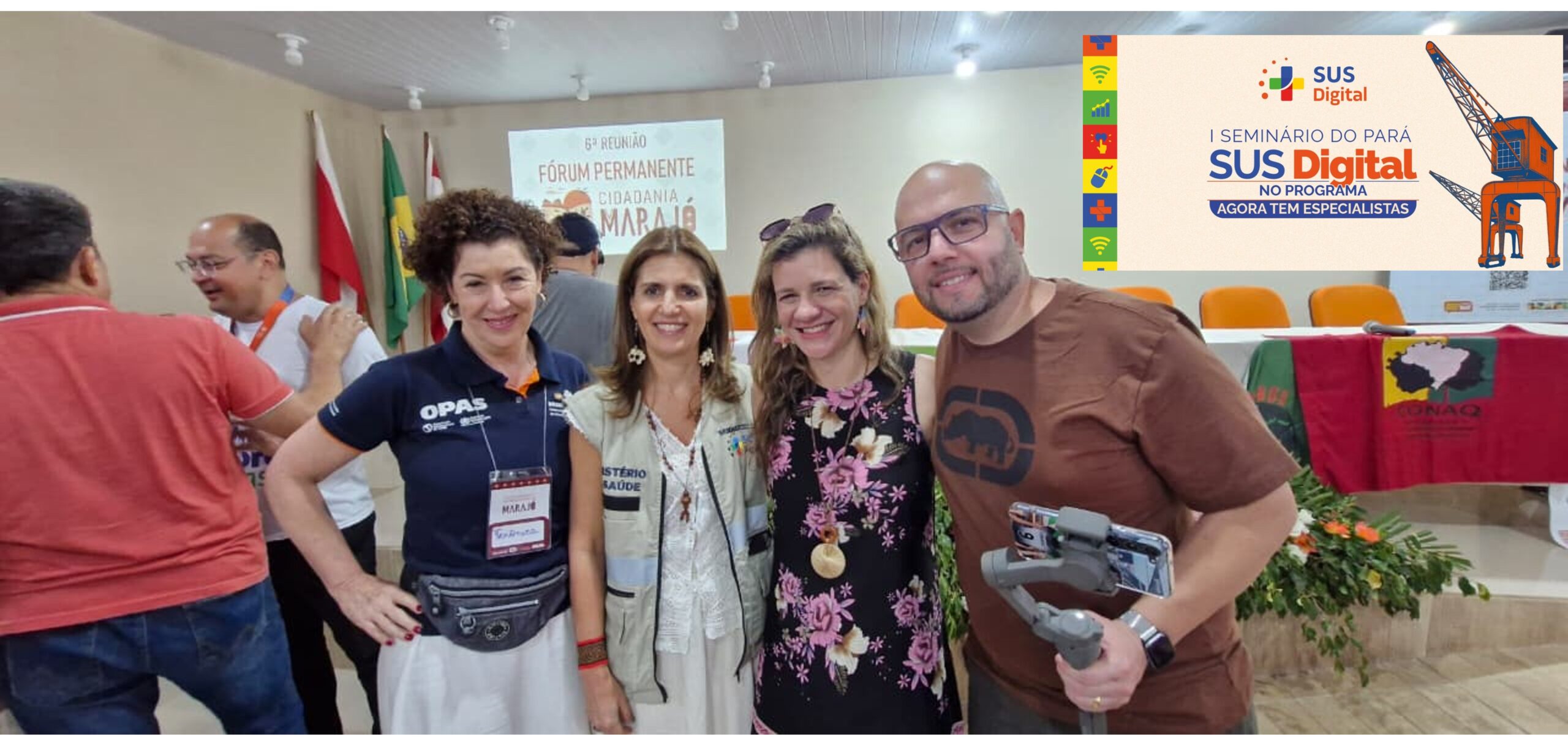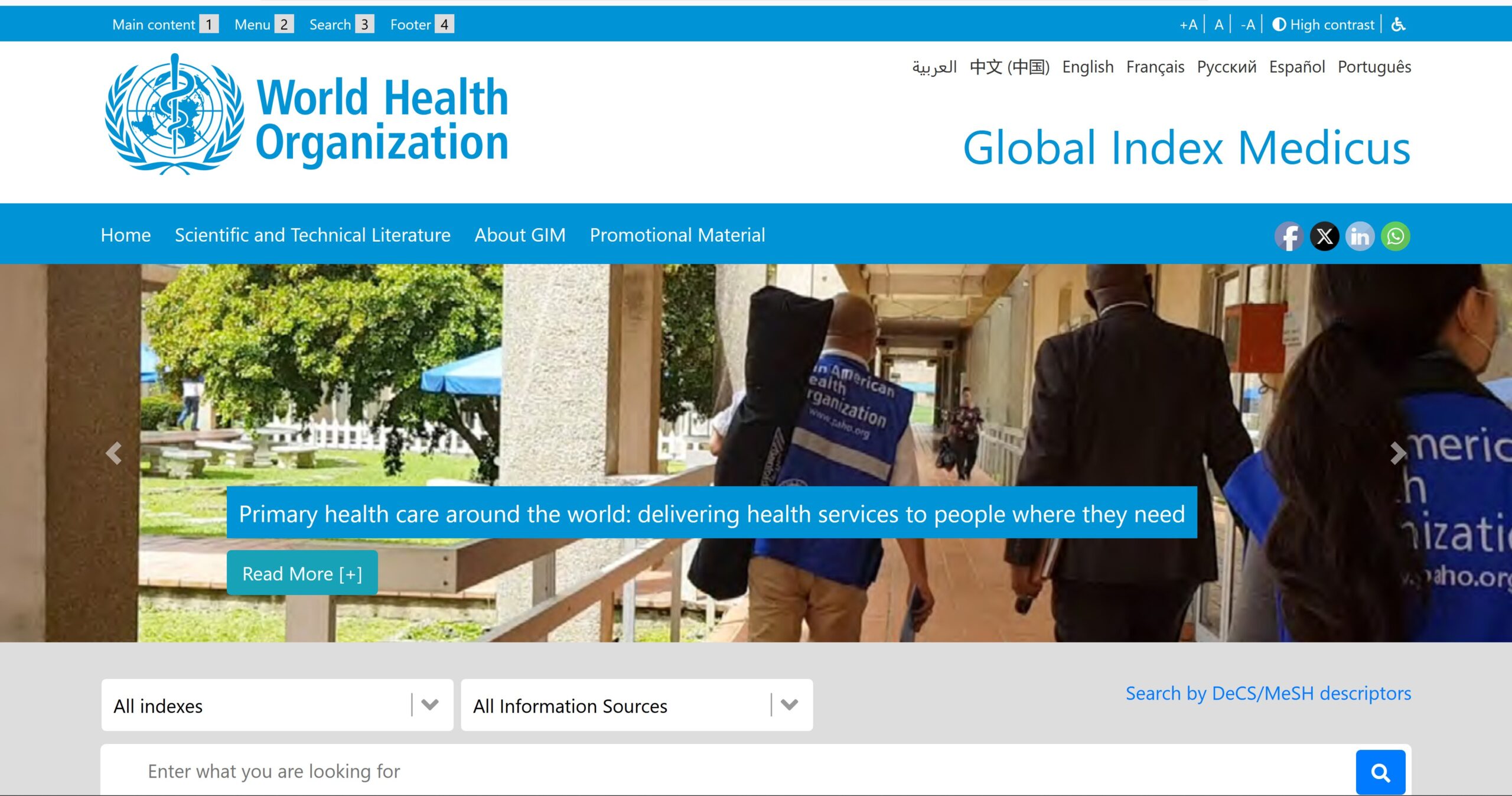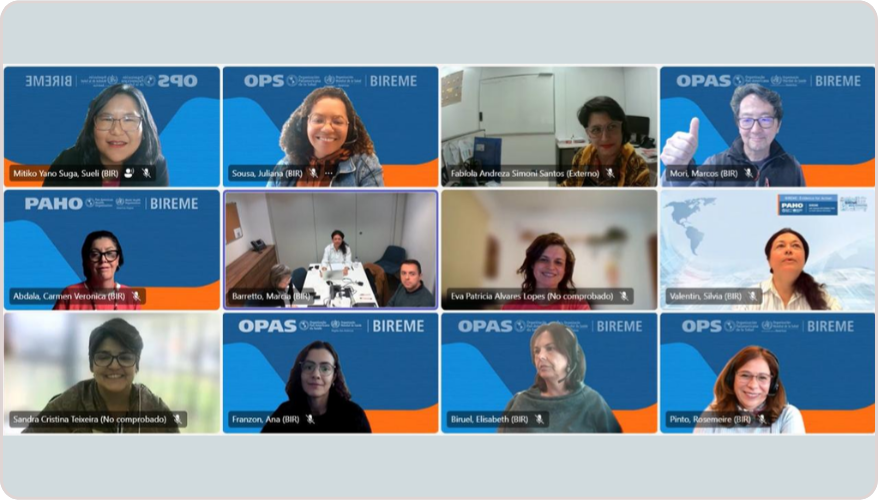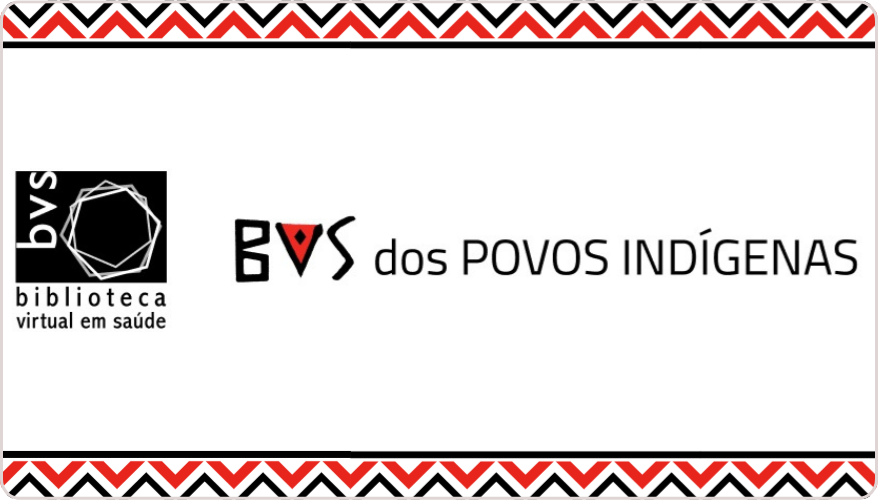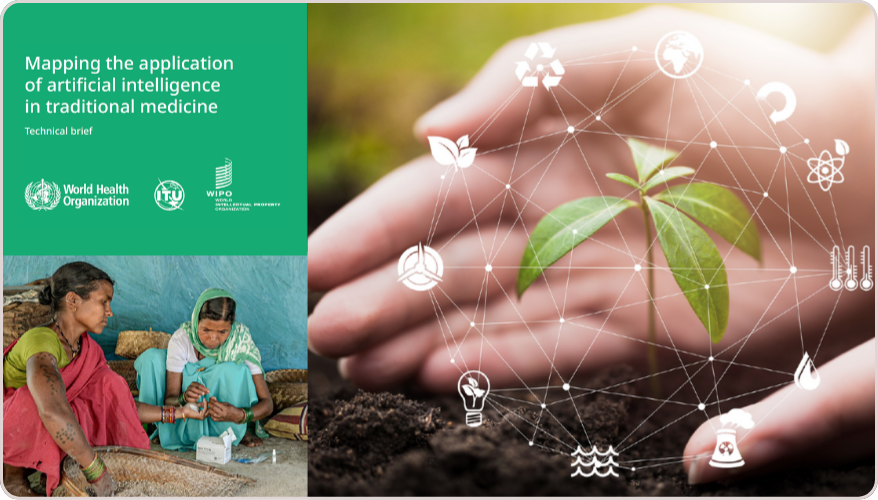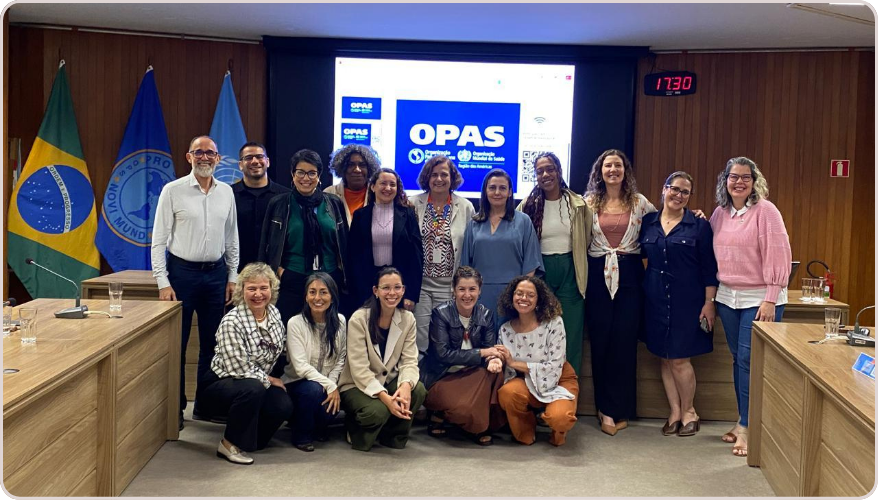To strengthen the institutional relations on scientific and technical health information initiatives and projects, the Center Director João Paulo Souza recently held meetings with national counterparts at the Ministry of Health and Ministry of Education in Brazil, both of which are long-standing institutional supporters of BIREME as PAHO’s Specialized Center for the Region.
Information management for priority policies in Brazil and the Region

